Antioxidants come top of mind for many health-conscious folks, but is everything you’ve heard about antioxidants factually correct? Read on for a refresher on antioxidant myths and truths.
1) Myth or truth: Are antioxidants really important?
Antioxidants are essential substances for health. We generate antioxidants at the cellular level (like glutathione) while also taking in a host of beneficial antioxidants from the foods we consume.
Plants and animals also produce antioxidants to protect against free radical damage and oxidation: some of the highest sources of antioxidants in the diet include dark leafy greens, yummy berries, citrus fruit, and richly coloured purple and red foods, like red cabbage and tomatoes (and red wine!)
Antioxidants act as electron donors toward the highly reactive and unstable free radicals that travel through the body and wreak havoc along the way: contributing to the development of chronic diseases and speeding aging. In doing so, antioxidants help prevent and reverse damage and oxidation caused by free radicals.
2) Myth or truth: Are all antioxidants difficult to absorb?
Myth.
Not all antioxidants are difficult to absorb. That being said, there are a few ways you can enhance absorption of antioxidants from diet and supplements alike.
- Choose a wide spectrum of antioxidants in your go-to supplement. Their absorption gains from what is called an “entourage effect”, where a host of antioxidants enhance assimilation.
- Examples of antioxidants to look for in a synergistic blend include: mixed tocopherols (a network of vitamin E compounds that act as fat-soluble antioxidants), Coenzyme Q10, DL-alpha lipoic acid, green tea, zinc and more.
- Diet-wise, this translates to “eating the rainbow”. Don’t focus on one food group or one fruit or veggie; instead, load up your plate with foods of every colour (red, green, purple, yellow…)
All in all, some of the best sources of highly available antioxidants are: herbs and spices, berries, green tea and coffee.
3) Myth or truth: Will cooking foods high in antioxidants destroy their health properties?
This one is part myth, part truth. Here’s why.
Some cooking methods, such as boiling and steaming, have been shown to reduce antioxidant content in some vegetables, such as red pepper. However, other cooking methods, like stir-fry and roasting were shown to better retain nutrition and antioxidant activity.
Tomato, on the other hand, is an example of an antioxidant-rich food that is actually enhanced by cooking and processing. Lycopene from heat-processed tomato sauce is more bioavailable than its unprocessed tomato counterpart.
4) Myth or truth: Is more antioxidants better?
Myth AND truth.
Antioxidants work best in combination with a host of other important nutrients. What’s more, it’s recommended to avoid high doses of single antioxidant supplements – instead, use a full-spectrum antioxidant network that combines more than one antioxidant at once. Always consult with a healthcare practitioner for prolonged supplement use.
It’s hard to get too many antioxidants from diet alone, so go ahead and eat the rainbow!
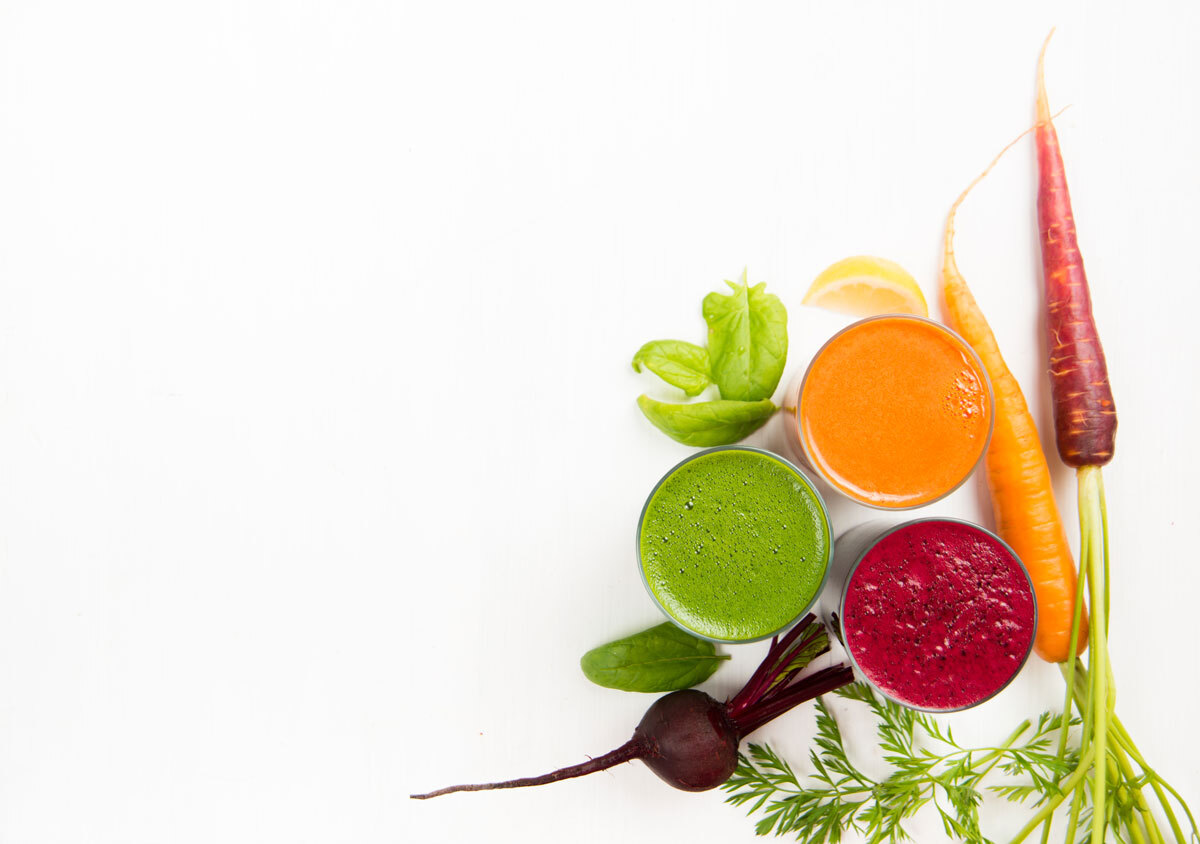
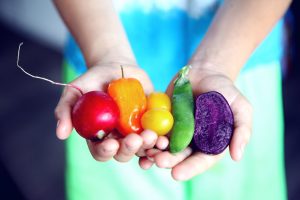
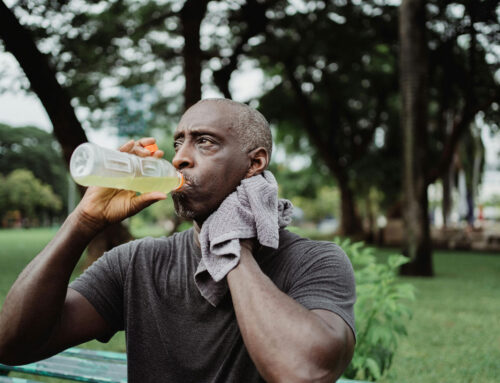
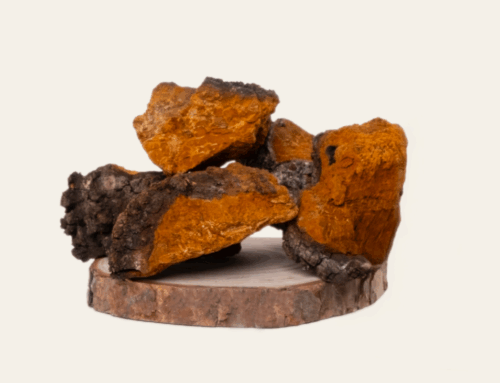


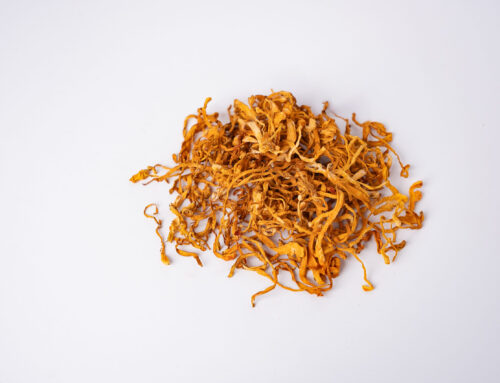

Leave A Comment